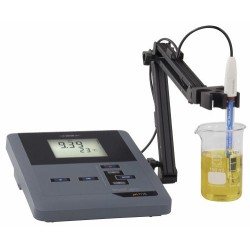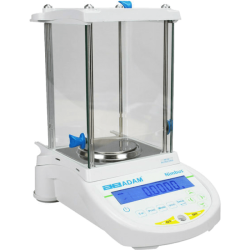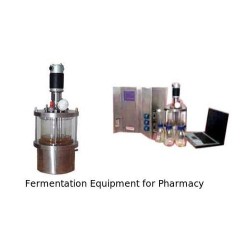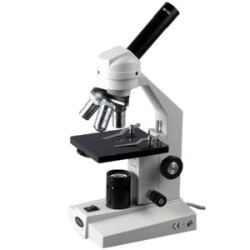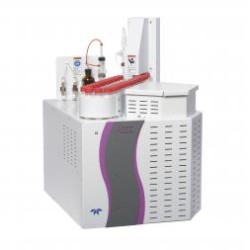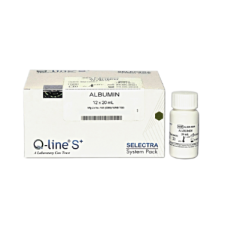Albumin
Albumin is the most abundant circulating protein representing 50 to 60% of the total serum proteins. The plasma albumin concentration is normally between 35 and 50 g/L. Albumin accounts for the colloid osmotic pressure of plasma, and it has binding sites with great affinity for many naturally occurring compounds, including bilirubin, and for many drugs. The liver is the only site of synthesis, producing about 15 g/day in a normal 70-kg person. Because the plasma albumin concentration reflects hepatic protein synthesis it has been regarded as a valuable test of liver function. At the same time, hepatic synthesis is only one of several factors lowering plasma albumin, which also results from increased gastrointestinal or renal loss, increased catabolism, altered vascular permeability or over hydration, acute and chronic inflammation, malnutrition, analbuminaemia, increased catabolism: fever, hyperthyroidism etc.
Increased levels of albumin are present only in acute dehydration, especially critical for new born.






